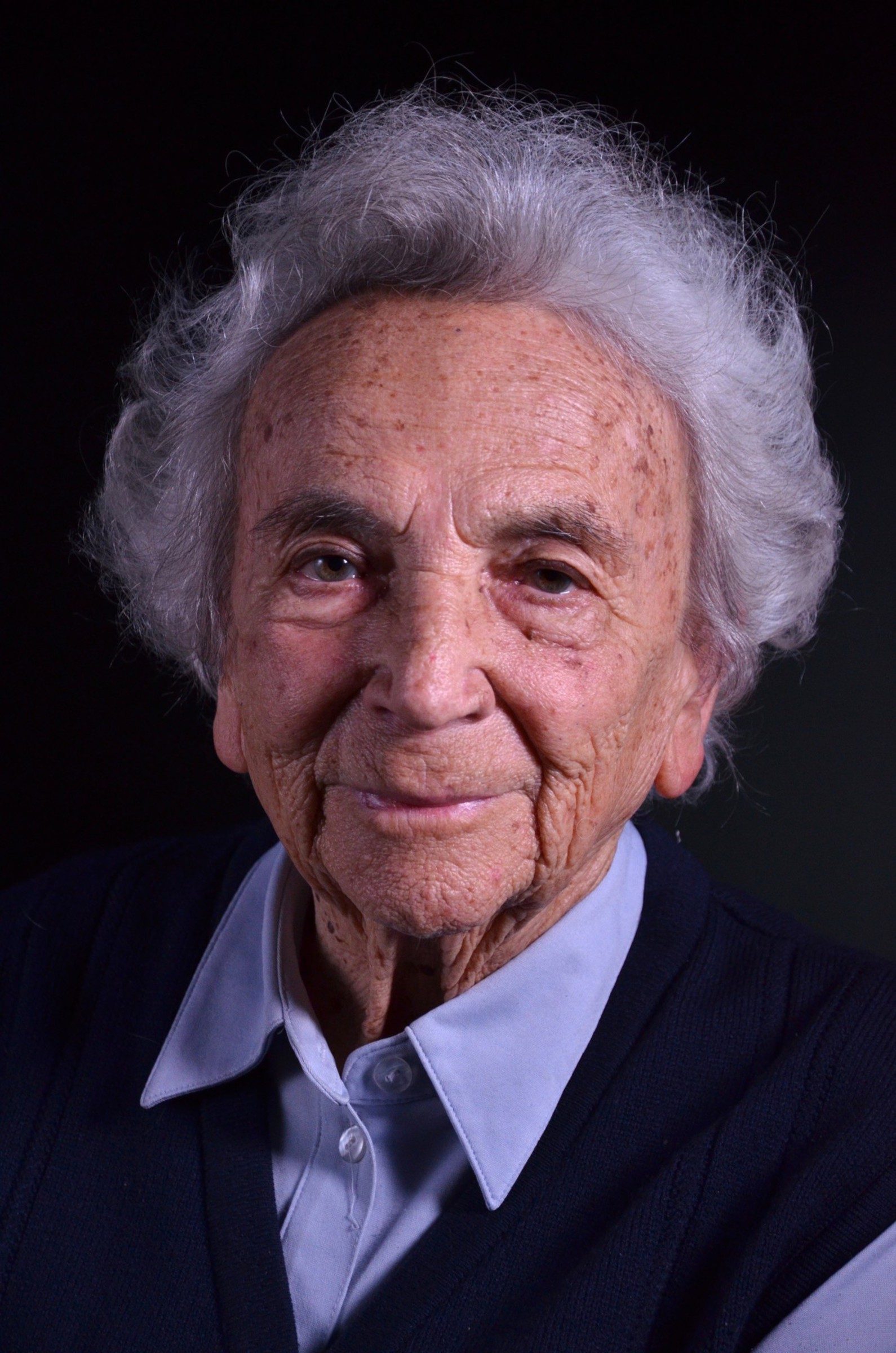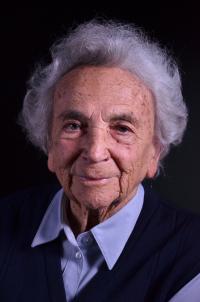While a person lives, they must know how to help. That is what it means to be human.

Stáhnout obrázek
Věra Milcherová, née Byšická, was born on 15 February 1924. Her father came from a Jewish family, her mother was German. She grew up near Mělník, at a farm belonging to the Lobkowicz family, which her father administered. Her father was killed probably before the beginning of the war, her mother emigrated with a new partner. Věra‘s wartime experiences remain something of a mystery. She probably moved to Sweden in 1966, where her elder brother lived. Věra Milcherová is a widow, she now lives in a care home in Prague-Hagibor.
